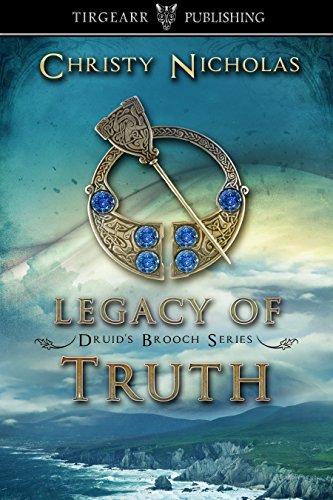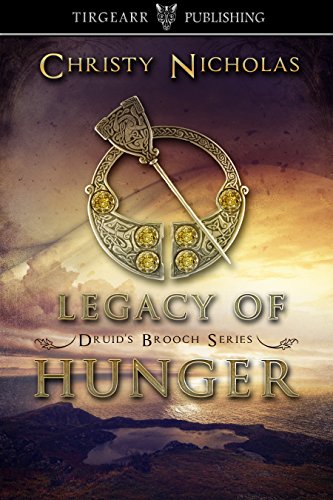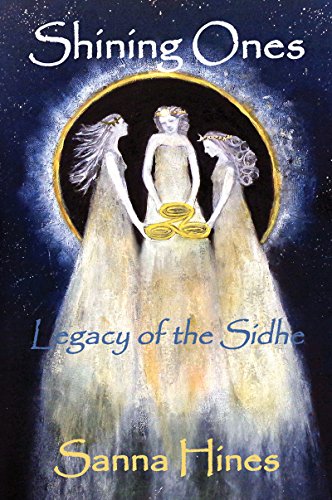A tale of love and magic set in 1800s Ireland
358 pages, $5.99 on Kindle. Historical fantasy.
Author Christy Nicholas’s first book in this series, “Legacy of Hunger,” wonderfully demonstrated her love for Ireland and Irish culture and history. This second book, “Legacy of Truth,” keeps those strengths and adds more—memorable characters, powerful conflict and a nuanced exploration of what is family, what is love and how one is to navigate the choices life throws one.
We meet Esme, the “good” twin in a pair of twin sisters, as a young girl nearing young womanhood. Her life is set in motion by two things—her Grandfa bequeathing her a slightly magical heirloom brooch and her selection of a husband from her suitors. Both lead to a schism with her remaining family, as she must leave her home to follow her new husband and conceal from her jealous twin the precious heirloom. Without spoiling the journey for readers, both the brooch and Esme’s continuing decisions about loving companions frame the course of her life and the drama in the story.
The writing is smooth and well-edited, with a vivid and detailed concreteness that beautifully supports the enthralling world created by the author, a world that begins in the 1780s in small towns in Ireland. I greatly enjoyed the flashes of Irish folklore and moments of magic, more organically integrated into the story in this volume than in the first book. The characters are real and human, with distinct personalities and motives. I particularly enjoyed Esme’s friendship with her neighbor Aisling, a surprising and sweet love. Esme herself, while “good” relative to her scheming and ambitious twin Eithne, is flawed and human, struggling with life’s challenges as we all do, and failing at times to be perfect and upright. While I questioned Esme’s decisions and judgment around love at times, I never found them to be forced or false but rather a natural outgrowth of her worldview and understanding as a simple woman in a small town, far from the worlds of sophisticates and lords and ladies. This is not a plot-driven tale of high adventure, but rather a chance to live in and explore another time and place and society through the life of a sympathetic and engaging character.
Recommendation: for readers of historical fiction who enjoy Ireland and the tiniest hint of magic, and well-drawn humble characters living real lives and a gentle tale pulled inexorably forward by the main character’s decisions about how to live her life.


